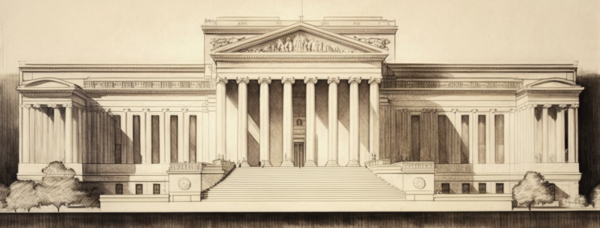by Dennis Crouch
On May 1, the U.S. Supreme Court revealed its decisions from the April 28 conference. Among the three patent cases considered, the court denied certiorari for the pro se case of Wakefield v. Blackboard, while holding over the other two for reconsideration at a later conference. This development increases the likelihood of these two cases being heard by the court, although a grant of certiorari has not yet been announced.
The held-over cases include:
To continue reading, become a Patently-O member. Already a member? Simply log in to access the full post.
